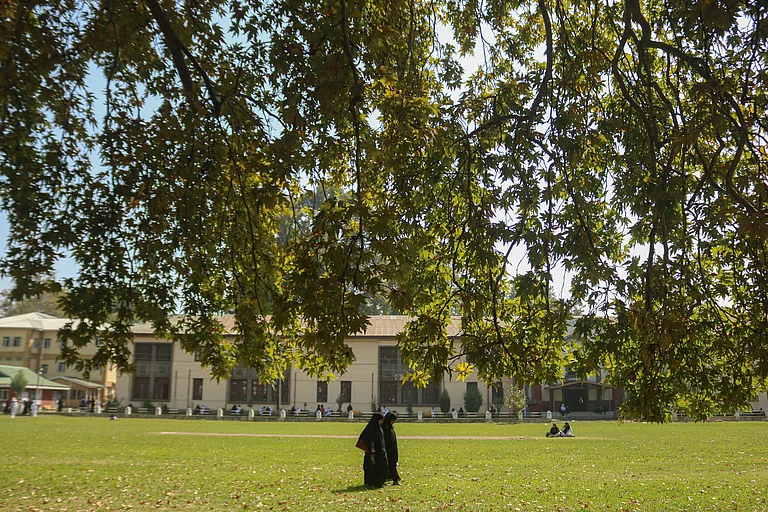Rosh Hashanah, one of the most significant and cherished holidays in the Jewish calendar, has arrived. For Jewish communities worldwide, this two-day celebration is steeped in tradition, prayer, and reflection as it marks the commencement of the Jewish New Year. As the sun sets on Friday, September 15, 2023, Rosh Hashanah begins, and it will continue until sundown on Sunday, September 17.
The Meaning of Rosh Hashanah
Rosh Hashanah, originating from Hebrew and translating to "the head of the year," holds a sacred place in Judaism. It is a time for introspection, renewal, and anticipation of the year ahead. It's a period to reflect on the past year while nurturing hopes for the coming one.
Significance of the Jewish Festival
The festival holds immense importance in the Jewish faith, signifying the beginning of the “Days of Awe”, a ten-day period of introspection and repentance leading up to Yom Kippur, the holiest day for Jewish people. Symbolically, it is believed that the "Book of Life," representing the judgment of individuals for the upcoming year, opens on Rosh Hashanah and is sealed on Yom Kippur.
Moreover, Rosh Hashanah is a celebration of the creation of humanity, often referred to as the "birthday of the world," marking the divine moment when life began with the creation of Adam and Eve. It's a period for the community to reflect on both individual and collective actions, fostering a sense of unity and the desire to contribute positively to the world.
This festival is unique, as it extends for 48 hours, making it the only Jewish holiday lasting two days both within and outside Israel. This extended celebration, known as yoma arichta or "a long day," symbolizes an uninterrupted and profound spiritual journey.


























